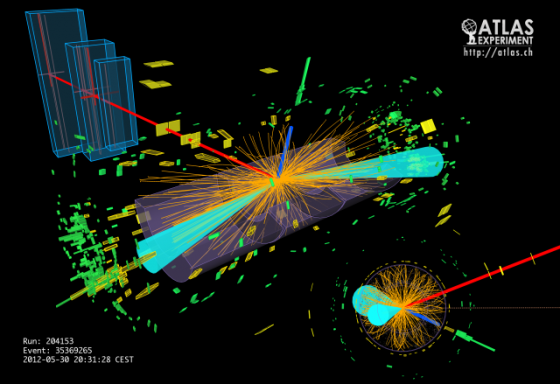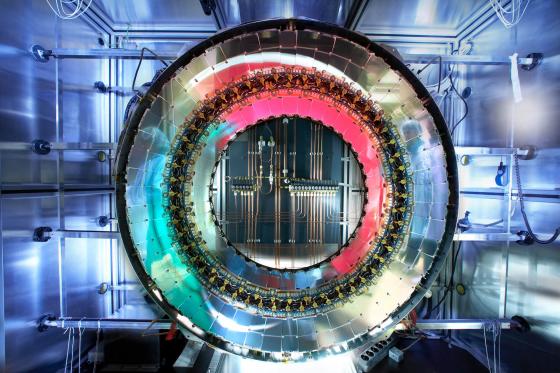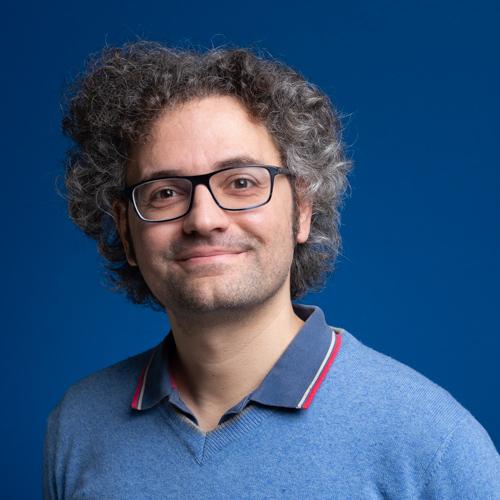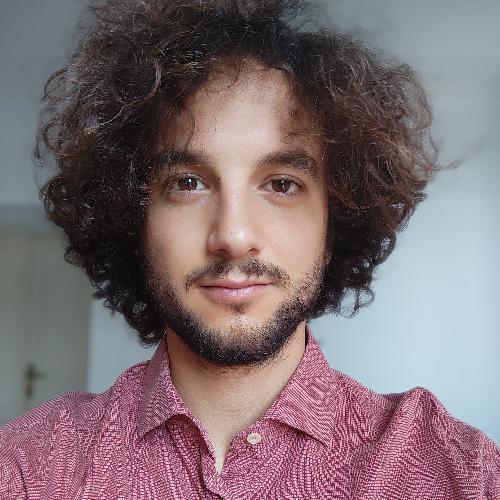ATLAS is an elementary particle physics experiment at the LHC (Large Hadron Collider) accelerator at CERN in Geneva. The experimental setup was designed and built to measure the products of proton-proton (and also proton-ion and ion-ion) interactions at very high energies with maximum efficiency. Successive level triggers have been developed for the selection of interactions relevant to studies of different physics channels. At the same time, an intense software activity was carried out for the simulation, reconstruction of events and analysis of the physics channels.
ATLAS started taking data in 2009 and in the two periods of activity carried out so far (2009-2012 and 2015-2018) remarkable physical results have been obtained, including the discovery of the Higgs boson. The Genoa group provides significant contributions to the design and development of the silicon pixel detector, to the trigger (off-line and on-line) and to the distributed computing system (infrastructure and event catalogue), as well as the development of algorithms for the identification of the charm and beauty quarks with the use of advanced artificial intelligence techniques for the reconstruction of physical observables and data analysis for the study of the coupling properties of the Higgs boson and for the search for supersymmetric particles. A new data collection period started in 2022 to increase the statistics of rare processes and reach more stringent limits on the production of particles not predicted by the standard model. Most of the experimental apparatus will be replaced by new detectors for the future high-luminosity operation of the LHC accelerator and the Genoa group is engaged in the design and construction of the new internal silicon pixel detector.

The ATLAS experiment is funded in Italy by the National Institute of Nuclear Physics (INFN).
For more information see: http://web.ge.infn.it/atlas/







